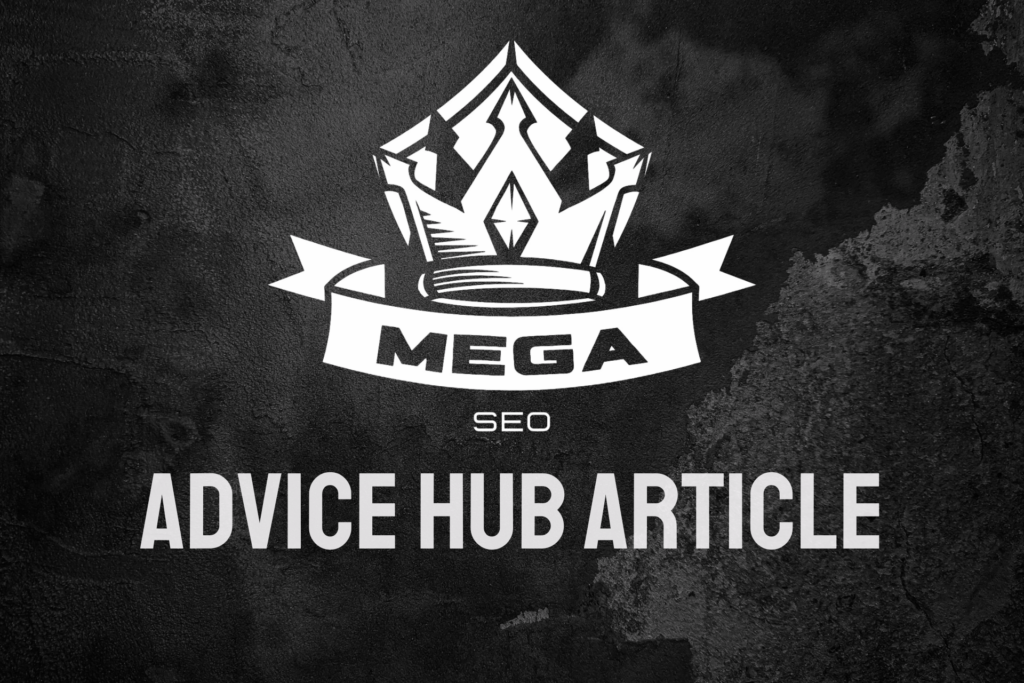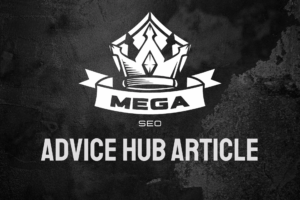Building an SEO content calendar helps businesses maintain consistent, strategic content creation while maximising search engine visibility. This structured approach ensures regular publication of high-quality content that aligns with both user needs and search engine requirements, making it easier to track progress and achieve SEO goals systematically.
What Makes an Effective SEO Content Calendar?
An effective SEO content calendar combines strategic keyword targeting, seasonal trends, and business objectives into a manageable publishing schedule. The calendar should account for various content types, publication frequencies, and target audience preferences while maintaining flexibility for emerging opportunities.
How Do You Start Creating an SEO Content Calendar?
Starting your SEO content calendar requires careful planning and consideration of several key elements:
What Research Should You Conduct First?
Begin with comprehensive keyword research and competitor analysis. This foundation helps identify content gaps and opportunities while ensuring your strategy aligns with search demand. Consider implementing thorough on-page SEO practices during your planning phase to maximise each piece of content’s potential impact.
- Keyword Analysis: Research and prioritise keywords based on search volume, competition, and relevance to your business objectives. Map these keywords to different stages of your customer journey.
- Competitor Content Audit: Examine your competitors’ content strategies to identify gaps and opportunities in your market. Look for topics they might have missed or areas where you can provide better value.
- Content Type Assessment: Determine which content formats work best for your audience, whether blog posts, guides, case studies, or videos.
How Should You Structure Your Calendar?
Your calendar structure needs to balance consistency with flexibility:
- Publication Frequency: Establish a realistic publishing schedule that your team can maintain consistently. Quality should always take precedence over quantity.
- Content Categories: Organise content into themes or categories that align with your business goals and audience interests.
- Resource Allocation: Plan content creation, editing, and publication tasks according to your available resources.
What Elements Should Your Content Calendar Include?
A comprehensive content calendar should track multiple components:
- Publication Dates: Schedule content releases strategically, considering seasonal trends and business peaks.
- Target Keywords: List primary and secondary keywords for each piece of content, ensuring proper distribution and avoiding keyword cannibalisation.
- Content Status: Track the progress of each piece from ideation through publication.
- Meta Information: Include titles, descriptions, and focus keywords for technical SEO optimisation.
- Internal Linking Plans: Map out internal linking strategies to strengthen your site’s structure.
How Can You Optimise Your Content Calendar for Local SEO?
Local businesses should incorporate location-specific content into their calendars. Implementing proper local SEO strategies helps target geographical audiences effectively:
- Local Event Coverage: Plan content around local events, festivals, and community activities relevant to your business.
- Location-Based Keywords: Include location-specific terms and phrases in your content planning.
- Community Engagement: Schedule content that highlights local partnerships and community involvement.
What Tools Can Help Manage Your SEO Content Calendar?
Several tools can streamline content calendar management:
- Project Management Platforms: Tools like Trello or Asana help track content progress and team collaboration.
- SEO Tools: Platforms such as Semrush or Ahrefs assist with keyword research and content planning.
- Editorial Calendars: Dedicated editorial calendar tools help manage publication schedules and content workflows.
How Do You Measure Content Calendar Success?
Track various metrics to evaluate your content calendar’s effectiveness:
- Search Rankings: Monitor keyword position improvements for targeted terms.
- Organic Traffic: Track changes in organic search traffic to your content.
- Engagement Metrics: Measure time on page, bounce rates, and user interactions.
- Conversion Rates: Monitor how well your content drives desired actions.
How Can You Incorporate Off-Page Elements?
Include off-page SEO activities in your content calendar to boost overall effectiveness:
- Link Building Opportunities: Schedule outreach activities and guest posting opportunities.
- Social Media Promotion: Plan social sharing and promotion strategies for each piece of content.
- Content Distribution: Map out channels and platforms for content distribution.
Transform Your Content Strategy with Professional SEO Support
Creating and maintaining an effective SEO content calendar requires dedication, expertise, and consistent effort. Our SEO team based in Wigan specialises in developing comprehensive content strategies that drive results. We understand the unique challenges UK businesses face and can help you create a content calendar that aligns with your goals while maintaining sustainable growth.
Ready to elevate your content strategy? Contact us to discuss how we can help you develop and implement an effective SEO content calendar that drives organic growth and supports your business objectives.




